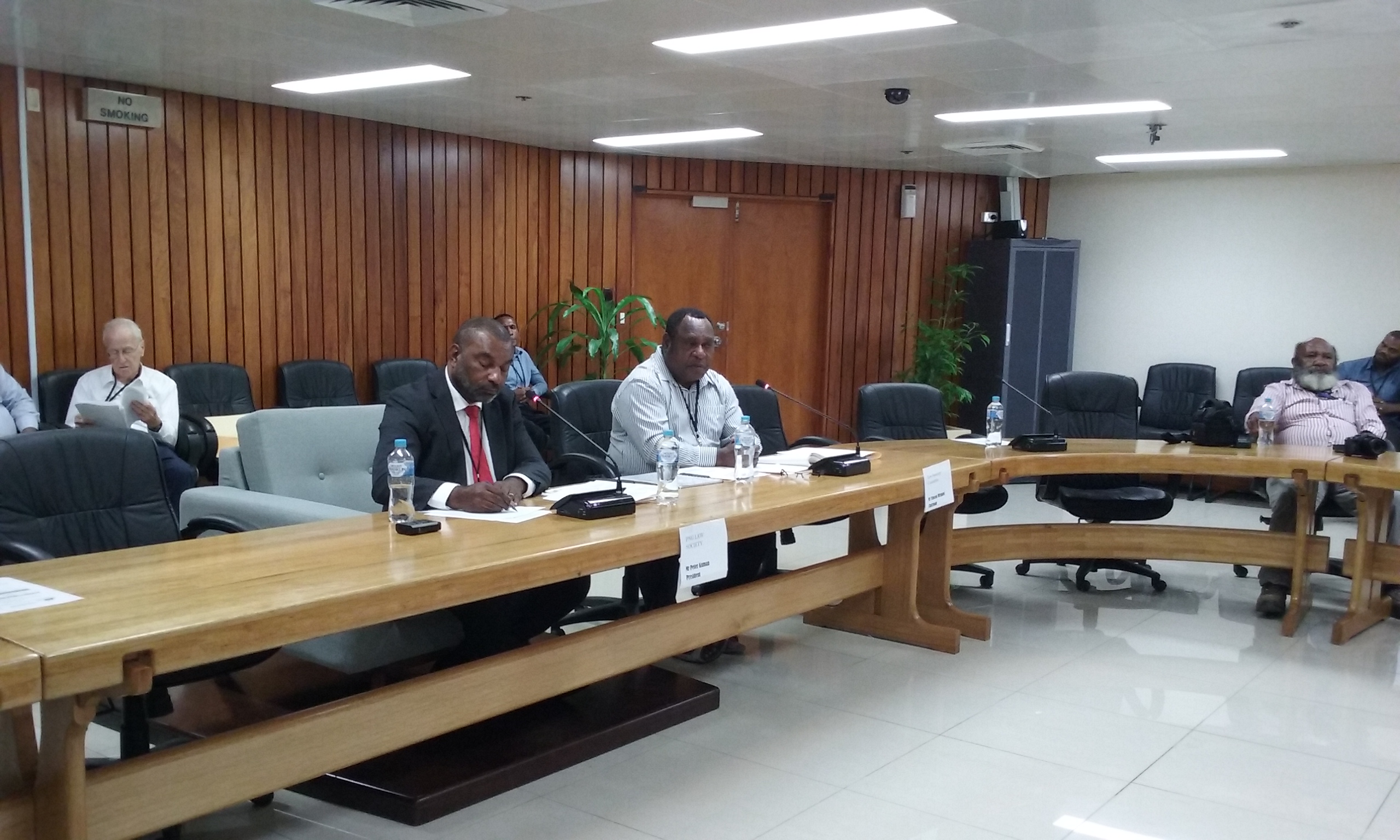
Following up on judgments is not the role of the PNG Law Society but the individual lawyers concerned with the matter, to follow up with the court and the respective judge who reserved the decision.
President of PNG Law Society Peter Kuman explained this to the Special Parliamentary Committee on Public Sector Reform and Service Delivery hearing yesterday.
He said when a reserved judgment is delayed for more than three months by the courts, the lawyers and parties involved are required to write to the office of the Chief Justice.
“They’ve got a tracking system which I understand internally, where the Chief Justice speaks to the Judge concerned, and remind them. I would assume that the Chief Justice will speak to the judge concerned.
“After three months and if no decision is handed down, we write to the Chief Justice to raise concerns on behalf of our clients. How the Chief Justice deals with the matter is a matter for him.
Kuman made this response to Oro Governor Gary Juffa, after he asked questions if the society can assist the judiciary in hastening the handing down of decisions in court.
Chairman of the Lawyers Statutory Committee, Vincent Mirupasi also told the parliamentary committee that what they as lawyers do is write letters to the Associates of the Judges who have reserved the decision of handing down of judgments to remind them of the pending matters.
Juffa who is a member of the Special Parliamentary Committee on Public Sector Reform and Service Delivery raised the question.
He said he has personal experience with delayed decisions and “while it is the individual lawyers’ responsibility to follow up, there is a need to find a way to address this issue”.
Currently in the Supreme Court, the Chief Justice has taken on the responsibility to deal with cases through with a Supreme Court Fast Track list which is a priority case list.
